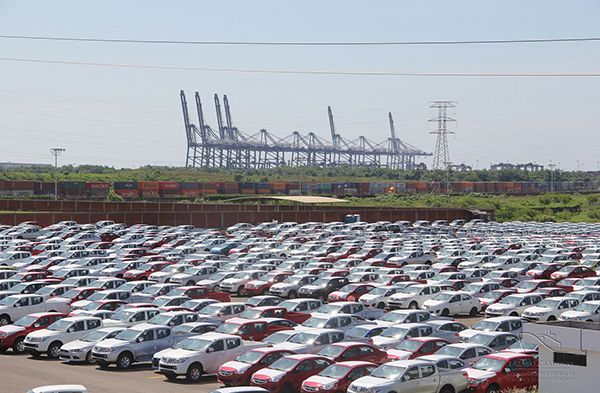The World Trade Organization (WTO) urged its members to take international trade facilitation actions to address the problem of climate change.
To this end, it proposed speeding up customs clearance, reducing GHG emissions associated with inefficient customs procedures and road transport through the adoption of trade facilitation measures.
In general, the WTO has been involved in discussions related to trade and the environment.
Climate change is a global issue that has led to increased awareness of the need to address greenhouse gas emissions and promote sustainable practices.
From the WTO’s perspective, reducing border wait times and simplifying inefficient customs procedures can help reduce emissions associated with trade, especially as trade volumes continue to increase.
WTO
Estimates from this organization indicate that the implementation of trade facilitation measures, such as the use of electronic documentation, can help reduce border control delays and related energy consumption, leading to reductions of up to 85 percent in emissions at certain land border crossings.
Also, digitization of paper-based trade processes could also reduce waste and associated emissions by up to 63 percent per invoice.
The WTO Trade Facilitation Agreement (TFA), which entered into force in 2017, aims to simplify, harmonize and accelerate customs procedures and border controls between trading partners.
Climate change
The WTO expects it to reduce trade costs by an average of 14.3%, with the greatest benefits in the poorest economies.
Currently, the rate of implementation of TFA commitments by WTO members is around 77%, but the figure is much lower in poor economies, which would benefit most from accelerated implementation.
Climate change discussions in the WTO often focus on issues such as climate change-related trade measures, fossil fuel subsidies and trade facilitation in environmental goods and services.

